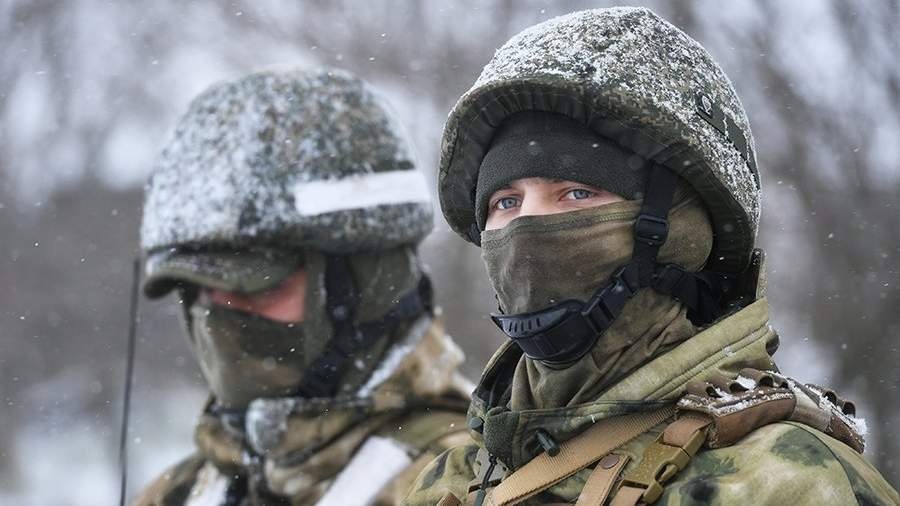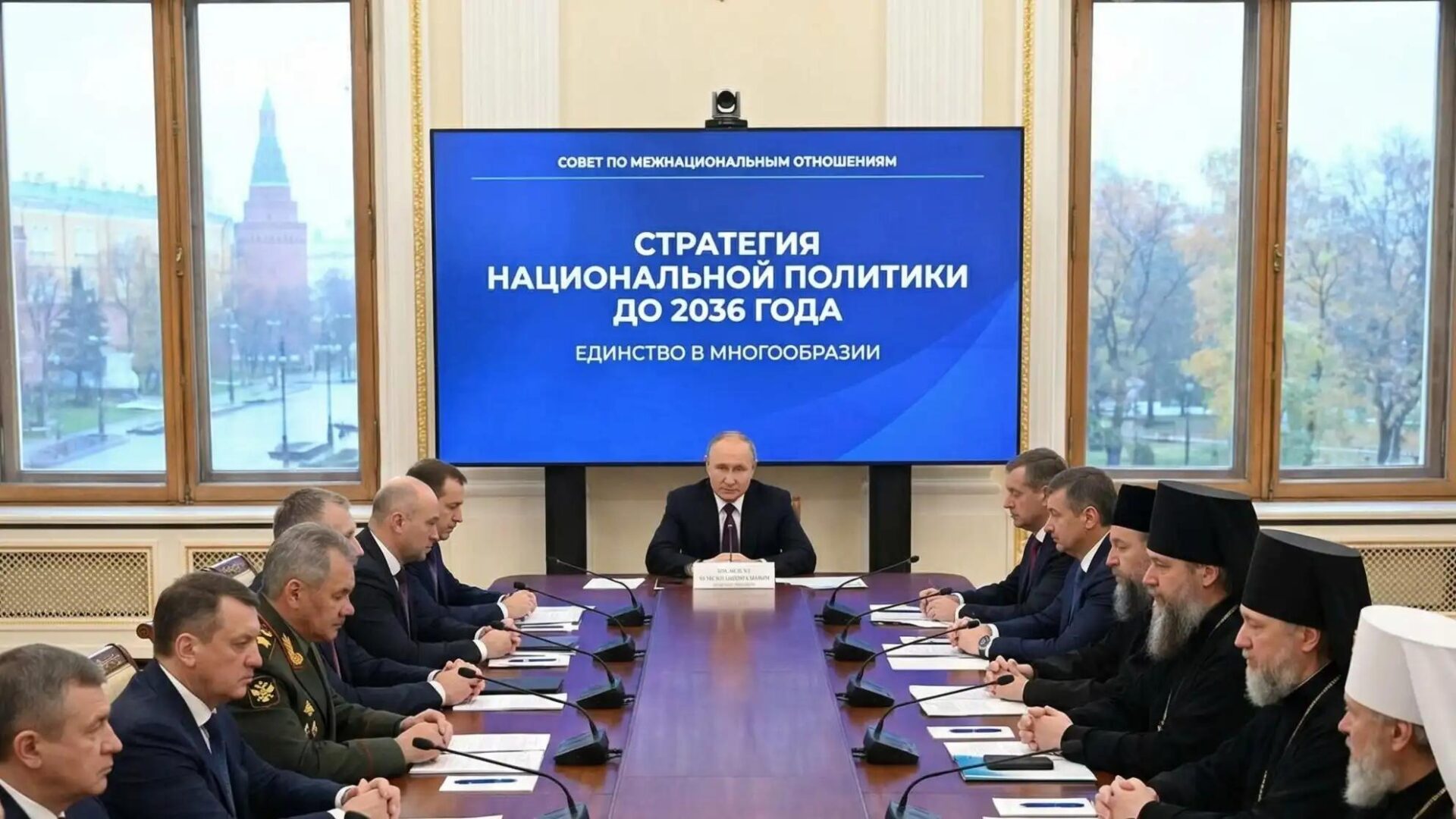
Pro-Kremlin Analysts Acknowledge Previously Hushed-up Problems
Pro-Kremlin Analysts Acknowledge Previously Hushed-up Problems
Executive Summary:
- Pro-government Russian military analysts are begging to admit that the Ukrainian economy remains afloat despite constant attacks and pressure from Moscow.
- Leaked documents from Russia’s Federal Security Service (FSB) also show a growing skepticism toward the intentions of the People’s Republic of China within Russia’s counterintelligence agency.
- For the first time, war correspondents and analysts close to the Ministry of Defense acknowledge not only the absence of real success at the front, but also the illusory nature of the war against Ukraine.
At the end of October, Russian military analysts made a surprising admission. Writers at the website Military Review (Военное Обозрение, Voennoe Obozrenie), which is close to the Russian Ministry of Defense, noted that the Ukrainian economy is coping with the war better than expected. In particular, they point to Ukraine’s economic growth in 2023 and 2024 (2.9 percent GDP growth in 2024), its successful battle against inflation, and that Ukraine’s interest rate is currently 1 percent lower than Russia’s (Topwar.ru, October 27). This change in how the war is being covered highlights how it is getting more difficult to disguise how the war is negatively affecting Russian society.
The authors of this Military Review article admit that, largely due to foreign aid, both civilian and military production are growing in Ukraine. At the same time, independent journalists note that the only industrial sectors now growing in Russia are those directly connected to the war, and therefore, their development is at the expense of the civilian sector (see EDM, July 7; Topwar.ru, October 27).
This trend in Russia’s economy is evident in the drone industry. Despite Russian President Vladimir Putin’s declaration that its market use is in the civil sphere, private companies can build civilian unmanned aerial vehicles only if they receive orders from the military (President of Russia, April 28, 2023). Enterprises cannot simply secure financing for a single civil project without simultaneously starting military production (Verstka.media, October 17).
Another unpleasant revelation for the Russian military is recognition that the People’s Republic of China (PRC) is trying to obtain Russian technology. It does not, however, plan to share its own with Moscow. One of the Military Review correspondents, after visiting the “Neva 2025” exhibition, shared the impression that the PRC companies represented there did not want to tell him anything about their activities, but at the same time, tried to extract as much information out of him as possible (Topwar.ru, October 22).
Western analysts have long noted that the PRC may seek to take advantage of Russia’s weakened state (see EDM, December 5, 2023, June 25). Now, however, the PRC has even been considered an “enemy” in leaked Russian Federal Security Service (FSB) documents. Russian counterintelligence is worried that the PRC special services are actively trying to recruit Russian agents, gain access to secret military technologies, lure disenchanted Russian scientists, and are even “laying the groundwork for territorial claims” against Russia (The Moscow Times, June 7).
The approaching winter is yet another potential threat being discussed among Russian analysts because, given the low temperatures typical for most of Russia, “the cessation of central heating … would mean certain death.” Pro-Kremlin military analysts are advising citizens residing in multi-family buildings that, should it not be possible to find firewood, they should insulate their quarters with tape, mineral wool, or other materials, “to ensure at least a minimal level of survival.” The authors admit, however, that in a really cold winter, “passive insulation” will not help (Topwar.ru, October 20).
Even analysts loyal to the Kremlin admit to serious problems in both the army and back home. Previously, reporting unpleasant truths was mostly the preserve of pro-war bloggers (see EDM, October 6). Independent investigative journalists repeatedly note that war correspondents even acknowledge instances of torture and murder in the army (YouTube/ @novayagazeta_eu, October 29). Radical proponents of the war also openly criticize the Russian government for lying about the obscure goals and progress of the so-called Special Military Operation (SVO) (YouTube/@Borovskih, October 21). Experts affiliated with the Ministry of Defense have generally taken a more reserved position.
Lately, this has begun to change. Even the above-mentioned Military Review website has started to pose uncomfortable questions for the authorities:
Why is Russia marking time? Why has the SVO, which will soon last as long as the Great Patriotic War, failed to achieve a single goal? Why are we not developing our industry? Why do we not have enough Russian cars and so few of our own aircraft? Why have we lost ground in space? Why were we not prepared for the SVO?
At the same time, the authors acknowledge that “the media portrays a picture of total offensive on all fronts, but its tempo remains moderate” (Topwar.ru, October 28).
This is the first time a propaganda site has posed such an open challenge to the official narrative, albeit even still from a pro-war perspective. Moreover, this is a challenge to the Kremlin itself and an accusation, if not of treason, then at least of incompetence. This tendency aligns with information from The National Security Journal, which notes growing dissatisfaction among army generals with Putin. According to the publication, even highly placed officers most loyal to the regime have stopped believing in the president’s war strategy. Moreover, many generals believe that the Kremlin’s actions are not only leading to catastrophe on the front but also destroying the Russian state itself (The National Security Journal, October 28).It is still too early to predict a possible military coup attempt in Russia. The Russian Army’s command staff and a significant part of the bureaucracy have turned the war into a profitable business, and make money with no concern for soldiers’ lives or Russia’s fate (Verstka.media, October 28). The army is clearly demoralized at both the highest and lowest levels, however, which inevitably impacts its combat effectiveness.


